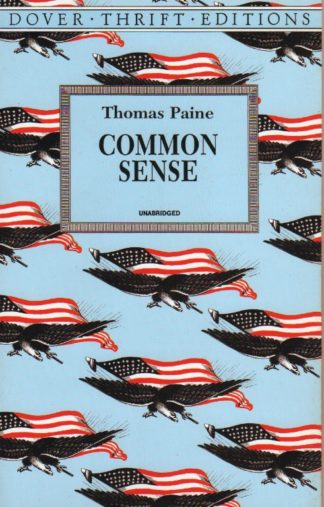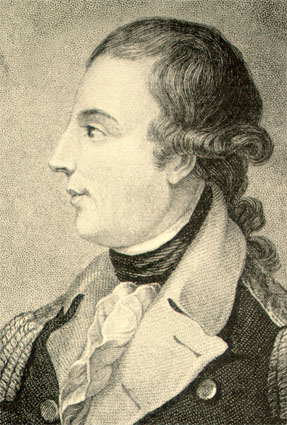



no doubt our citizens will rally a second time round the standard of Common sense.” In sending the copy of the pamphlet to the Philadelphia publisher who was to produce the American edition, Jefferson felt it only cordial to attach a brief note expressing his pleasure “that something is at length to be publicly said against the political heresies which have sprung up among us. But he had no intention of publicly endorsing Paine’s new work. When Jefferson read a copy of Paine’s new pamphlet, The Rights of Man, recently arrived from London, he was excited by its support for the French Revolution and its questioning of the role of king and aristocracy. While serving as secretary of state in George Washington’s administration, Jefferson began to worry that under the influence of those he believed to be “monarchists” – from his old friend John Adams to his archrival Alexander Hamilton – the young United States would drift toward the British form of government and perhaps some form of an aristocracy. Many had responded to Paine’s stirring words in The Crisis – “These are the times that try men’s souls” – and Jefferson continually lauded Paine as the author of Common Sense, published in 1776.įollowing the revolution, Paine moved back across the Atlantic and by 1791 was busy publishing a new, politically-charged pamphlet in London that upon reaching America would link the names of Jefferson and Paine. Jefferson’s feelings for Paine, who had migrated to America from England in 1774, stemmed from his pro-independence writings during the American Revolution. Bonneville provides insight into his feelings toward Paine: “hile he lived, I thought it a duty, as well as a test of my own political principles to support him against the persecutions of an unprincipled faction.” At age 70, he desired “tranquility” and did not want to risk arousing old political animosities. The answer was negative Jefferson requested that the letters not be published during his lifetime. She wished to publish the correspondence between Paine and Jefferson. The letter was from Margaret Brazier Bonneville, who had cared for the famous pamphleteer during his final illness and had been rewarded with his papers. Thomas Jefferson was settled into retirement in 1813 when he received a request related to his long association and friendship with the notorious Thomas Paine.


 0 kommentar(er)
0 kommentar(er)
